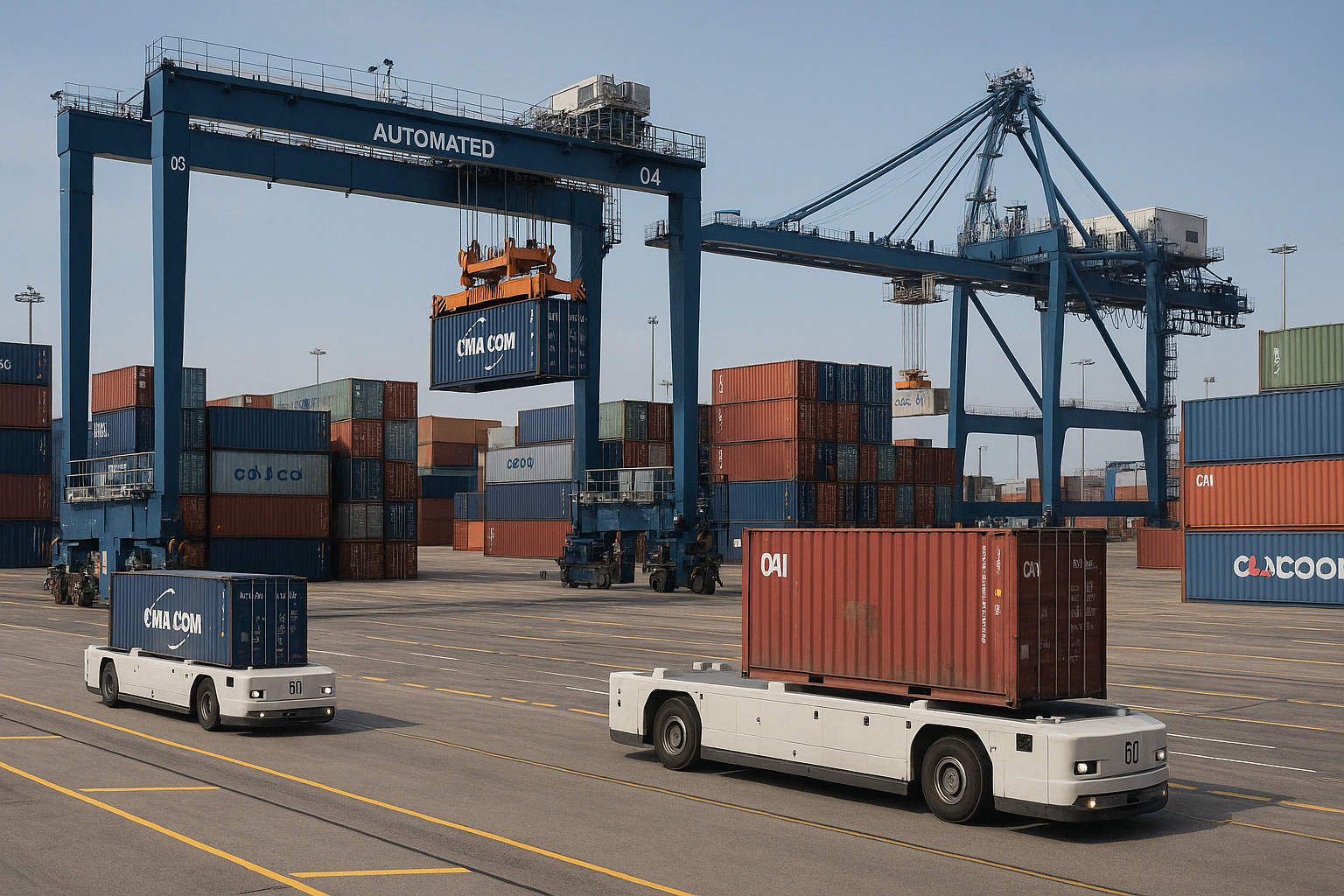DevOps is quickly becoming essential for companies that want to stay competitive. It's not just about tools - it's about creating a culture of innovation and continuous improvement. Sounds challenging? It is. But the payoff is worth it.
Think of DevOps as your foundation for driving business growth through innovation and learning.
Track Your Progress with the Right Metrics
When starting any big change, it helps to know what success looks like. The Dora State of DevOps 2019 report gives us four key metrics to measure our progress:
- How often do you deploy new code?
- How long does it take to get changes from commit to production?
- How quickly can you fix things when they break?
- What percentage of your changes cause problems?
Top-performing companies excel in all these areas. That's where you want to be.
Get Speed Without Sacrificing Quality
The industry has moved past debating whether DevOps works. Now it's about implementation. Companies are using DevOps to become more agile and reduce risk. They're measuring everything - not just the big picture, but the details that affect their goals.
For example, hitting a release date is great, but not if you had to cut important features to get there. The real win is having automated infrastructure and a solid DevOps pipeline that gives you both speed and stability.
People Come First, Then Process, Then Technology
Your DevOps plan won't work if your team isn't on board. Breaking down silos between people, data, tools, and processes is crucial. Change can be scary - new roles and responsibilities create uncertainty. That's why it's smart to start with smaller pilot projects. Show your team the benefits of working in new ways.
Help them see what their jobs will look like in a DevOps environment, and give them the training they need to succeed.
Build on a Solid Foundation
You can't reach your goals with a shaky foundation. We've found four key areas to focus on:
- Does your infrastructure offer pre-defined capabilities that are simple to use?
- Do your developers have the right tools to focus on building apps?
- Are security checks built into your processes?
- Can you deploy Kubernetes easily, whether on-premises or in the cloud?
A services-oriented DevOps platform will give you what you need across these areas. Your developers can focus on creating applications while your operations team maintains stability. The result? A flexible, standardized environment that works across different cloud platforms.
Time to Make It Happen
DevOps requires a fresh look at how we use technology. This kind of change needs strong leadership and a clear vision. If you're an executive, you're in the perfect position to drive this change. If you're not, find someone who is and get them on board.
Here's how to get started:
- Share your vision: Who will benefit from DevOps? What services will you provide? How does it fit with your application strategy? What results do you expect?
- Drive cultural change: Address conflicts between dev and ops teams directly. Get everyone committed to the same goals. Start with automation - it's a quick win that reduces risk.
- Deliver results: Build the right team. Set clear milestones. Create a governance model that works.
It's not easy, but nothing worthwhile ever is. You're not alone - many companies are facing the same challenges. Find peers who are further along and learn from their experiences. A successful DevOps transformation can improve job satisfaction, boost productivity, and ultimately deliver better experiences for your customers.



